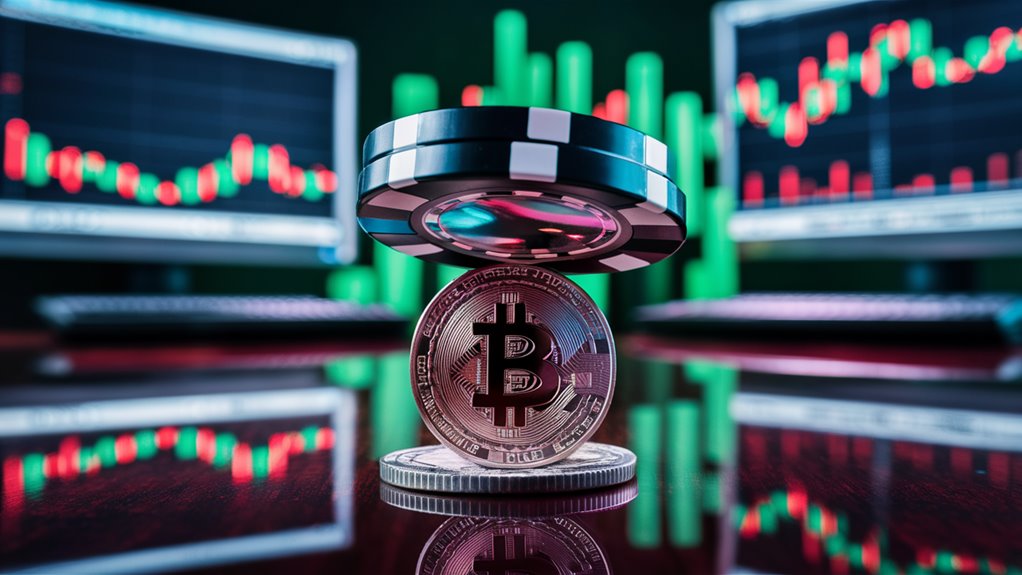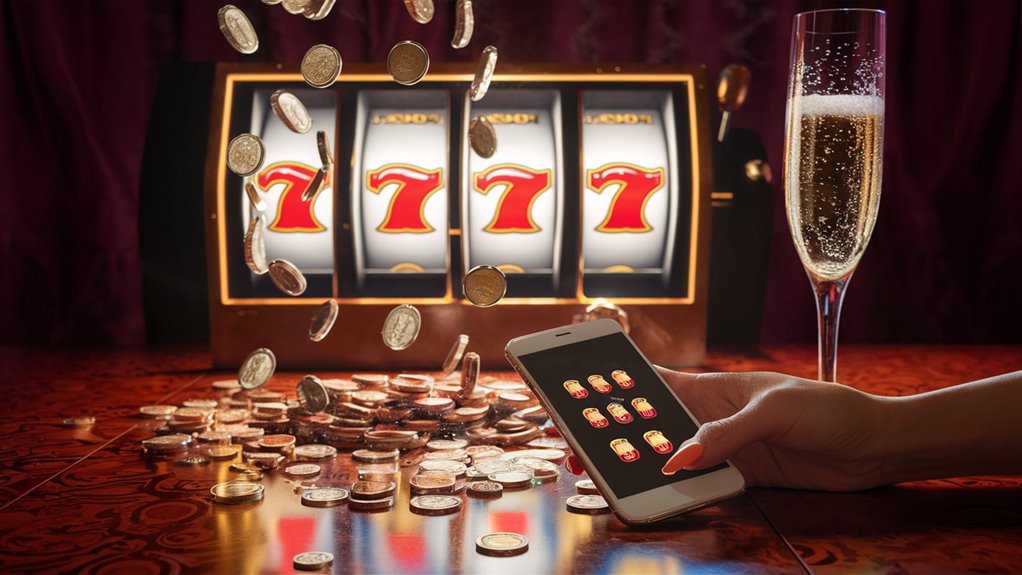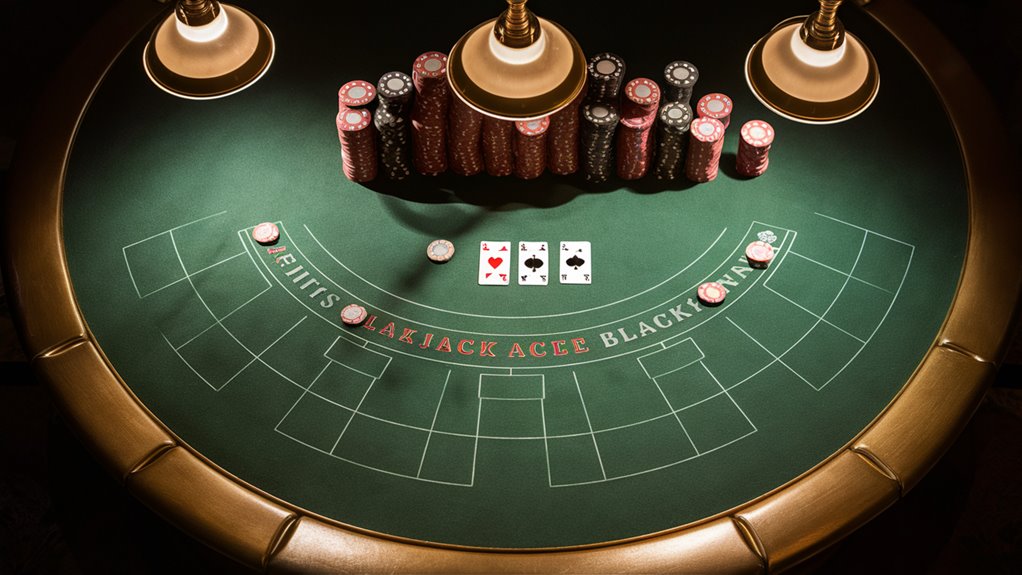The Impact of Gambling on Mental and Emotional Health
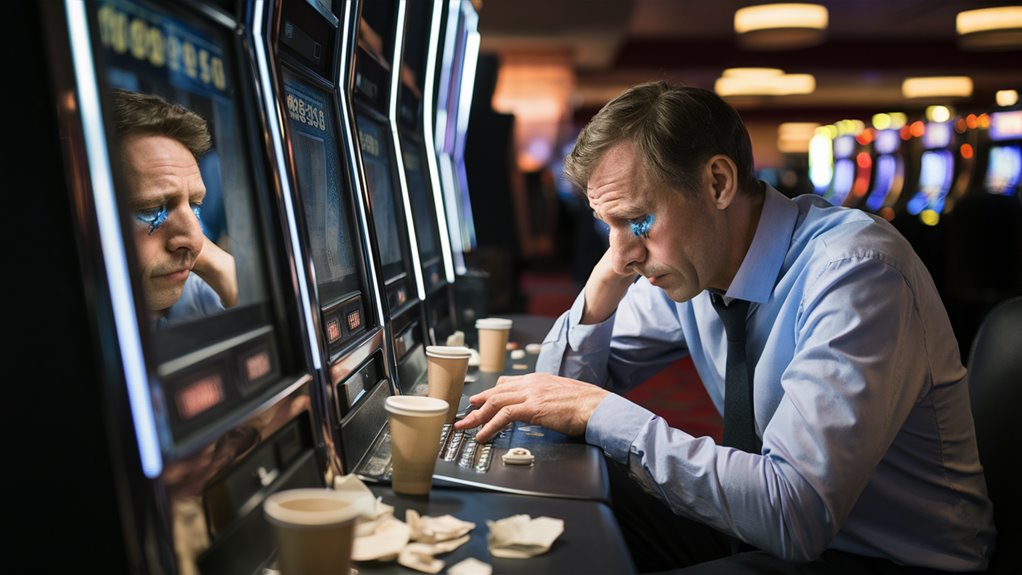
Brain Effects of Gambling
Problem gambling changes your brain in deep ways. The reward system, the part that feels good when you win, acts up more during betting, and this makes you want to take bigger risks. This problem acts like drug habits and is hard to stop.
Impact on Mental Well-being
Bad gambling often hides sadness. Studies say 75% of those with strong gambling issues also face deep sadness. They often feel worried, guilty, and pull back from friends and family. These feelings can make them gamble more. Harlequin Hush Bets
Friend and Family Impact
Problem gambling hurts key relationships by breaking trust and hiding money issues. It usually leads to:
- Bad family ties
- Fewer friends around
- Problems at work
- Money troubles at home
Recovery and Help Paths
Looking closer at how brain and emotion changes link shows ways to get better. Recovery methods often include:
- Talking therapies
- Support groups
- Money advice
- Help for other health issues
This full plan deals with both the gambling habit and the mental struggles that come with it
Understanding How the Brain Reacts to Gambling
Brain Science of Betting
When you gamble, your brain has a complex response, mostly in the reward center. During gambling, your brain lets out dopamine, a feel-good bit that helps you enjoy rewards, much like other addictions do.
Brain Activation
Brain studies show that looking forward to gambling wakes key brain areas, especially the nucleus accumbens and prefrontal cortex. These parts are big in choices and reward feelings. Almost winning drives strong brain reactions, setting up strong repeat urges that make you keep gambling, even if you lose money.
Changing Dopamine and Rising Risks
Brain Changes
More gambling shifts how your brain reacts to dopamine. It makes it harder to feel good without taking bigger risks. This brain rewiring is why gambling problems grow over time.
Effect on Actions
The changes in your brain make it hard to stop wanting to gamble. This brain shift makes you keep gambling, even when it hurts you. Getting how this works is key to helping people stop gambling too much.
How Sadness and Worry Connect
The Complex Link Between Sadness, Worry, and Gambling
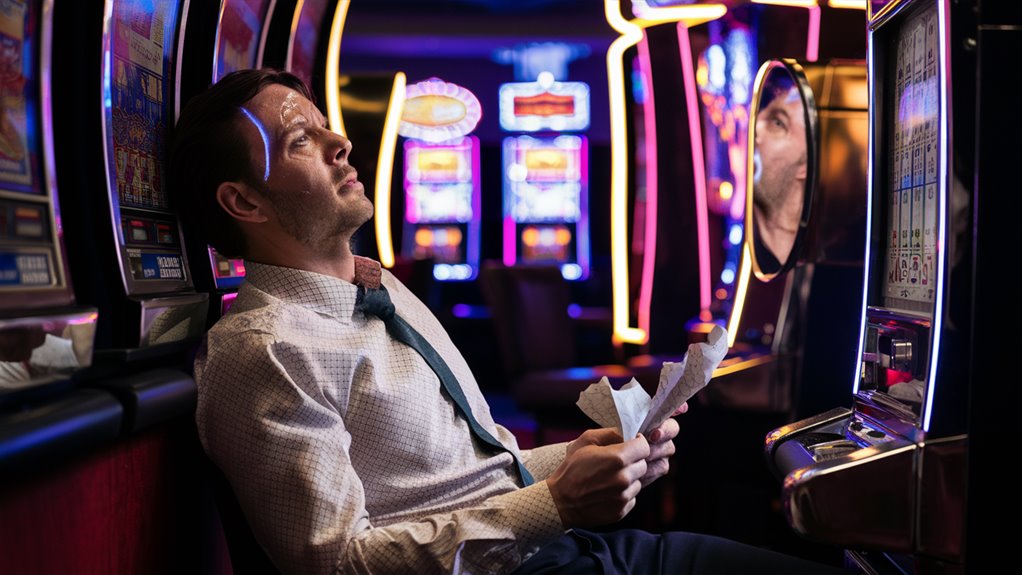
Getting the Two-way Effect
Sadness and worry tie in deeply with bad gambling acts, both starting and adding to the problem. Those gambling too much often feel these issues mix Echo-Trace Casino together and they need wide help.
Role of Worry in Gambling
Bad gambling often starts as a wrong way to handle deep worry. Gambling sets off dopamine, helping you forget the worry for a while. But, this break is short, as gambling stress makes worry worse, keeping up a bad loop.
Sadness and Gambling: A Loop
Research says about 75% of heavy gamblers are also very sad. Gambling can seem like an out from sadness, but losing in gambling makes the sadness worse, making a hard loop of habit.
Thinking About Help
Joined Help Plans
Good recovery ways need to look at both gambling acts and deep sad and worried feelings at once. Strong help plans should focus on:
- Managing worry
- Help for sadness
- Stopping gambling too much
- Money help
Stopping the Loop
Getting better needs breaking the link between feeling bad and gambling wants. Pro help should use talk therapy, maybe meds, and keep up support to help you stay better Visit Website
Friends and Groups
How Problem Gambling Touched Friends and More
Deep Hurt in Close Ties
Bad gambling sends big shock waves through friend groups and close ties, going way past just lost money. Trust goes away when gamblers lie a lot about money and where they’ve been, hurting deeply and sometimes needing long time to fix.
